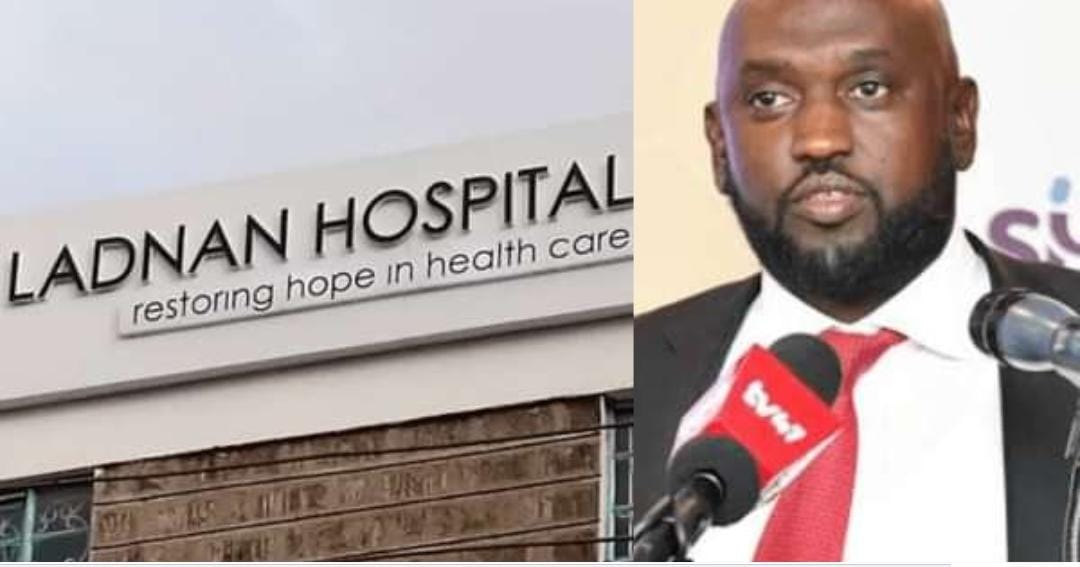The Social Health Authority (SHA) Chairman, Dr. Abdi Mohamed, has denied claims that he owns Ladnan Hospital, where Grace Njoki Mulei was arrested.
Njoki, a 61-year-old nurse, made headlines last week when she disrupted a press briefing by Health Cabinet Secretary Deborah Barasa at Afya House.
On January 15, 2025, Njoki, alongside other patients, visited the Ministry of Health offices to protest issues with the Social Health Authority (SHA).
The SHA, a flagship initiative of President William Ruto’s administration, was introduced to replace the National Health Insurance Fund (NHIF).
However, Njoki raised concerns that the scheme was not functioning effectively, leaving patients stranded in hospitals.
Following her arrest at Ladnan Hospital, Njoki was released on a KSh 10,000 bail. The incident sparked widespread reactions online, with Kenyans accusing Dr. Abdi Mohamed of being linked to the hospital and allegedly influencing the circumstances surrounding her arrest.
Critics claimed that Njoki had only visited the hospital for medical attention when she was detained.
Dr. Abdi Mohamed dismissed the claims, clarifying his lack of ownership of Ladnan Hospital.
He explained that he founded the hospital but sold a majority stake in 2017 to a private equity firm.
Ownership later transferred to TPG Capital, a US-based firm, before being sold to TMG (The Metro Group PLC.) Led by Dr. Kanyeje Gakombe in 2023.
“I have no association with Ladnan Hospital. The allegations against me are baseless,” Dr. Abdi stated.
He went on to address criticism of SHA, arguing that the attacks were part of a coordinated effort by individuals who benefited from unethical practices under NHIF.
“The Social Health Authority has disrupted corrupt systems and introduced transparency, which some people are unhappy about,” Dr. Abdi stated.
Highlighting SHA’s benefits, Dr. Abdi emphasized the stark differences between the new scheme and NHIF.
“Under SHA, there’s no waiting period—you join today and start benefiting immediately. There are no exclusions based on age or pre-existing conditions. Contributions are based on income levels, not health risk, making it more equitable.”
Dr. Abdi further elaborated on SHA’s structure, noting its comprehensive scope.
“SHA includes three funds: the Primary Healthcare Fund, the Social Health Insurance Fund, and the Emergency, Chronic, and Critical Illness Fund. This ensures that all Kenyans, regardless of their financial status, can access quality healthcare.”
He added that SHA eliminates the long empanelment process for healthcare providers.
“With NHIF, empanelment took up to two years. Under SHA, it takes just one day. This streamlines access to healthcare services across the country,” he explained.
Governance and transparency were also key points in his defense.
“SHA has an independent oversight body with representatives from various sectors, ensuring accountability. Coverage and benefits are reviewed every two years, allowing the system to adapt to the evolving needs of Kenyans.”
Dr. Abdi concluded by emphasizing that SHA is designed to ensure Kenyans know what they are paying for and what they are entitled to, saying, “The system is not only patient-focused but also fosters trust by eliminating opaque practices. SHA is here to serve all Kenyans and guarantee affordable, accessible, and quality healthcare.”

